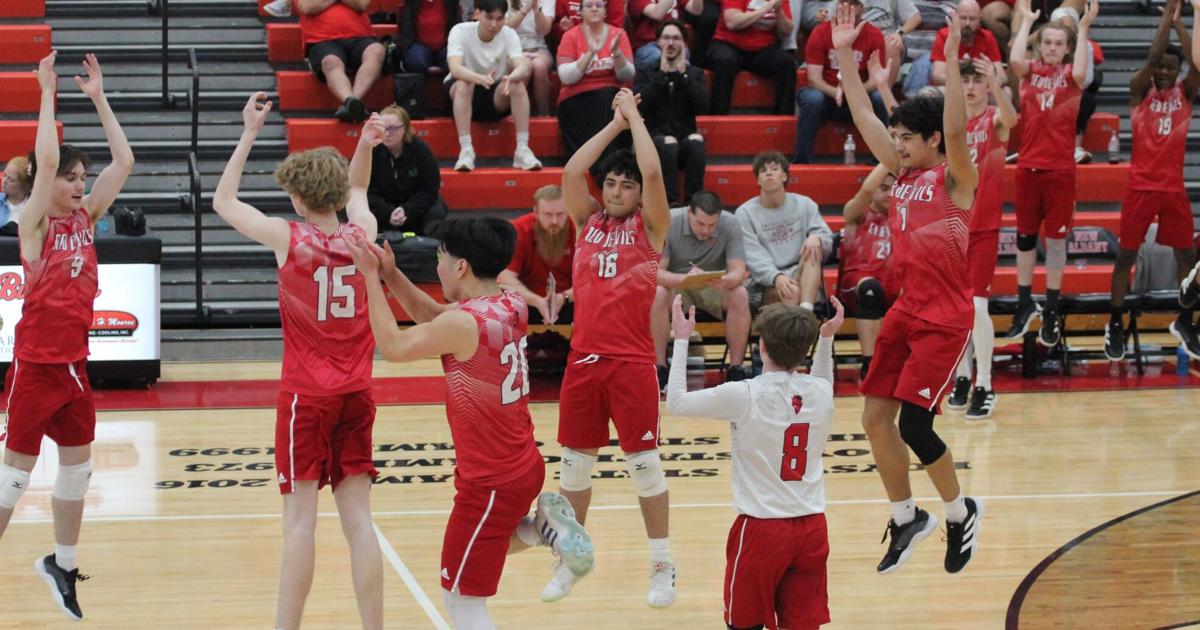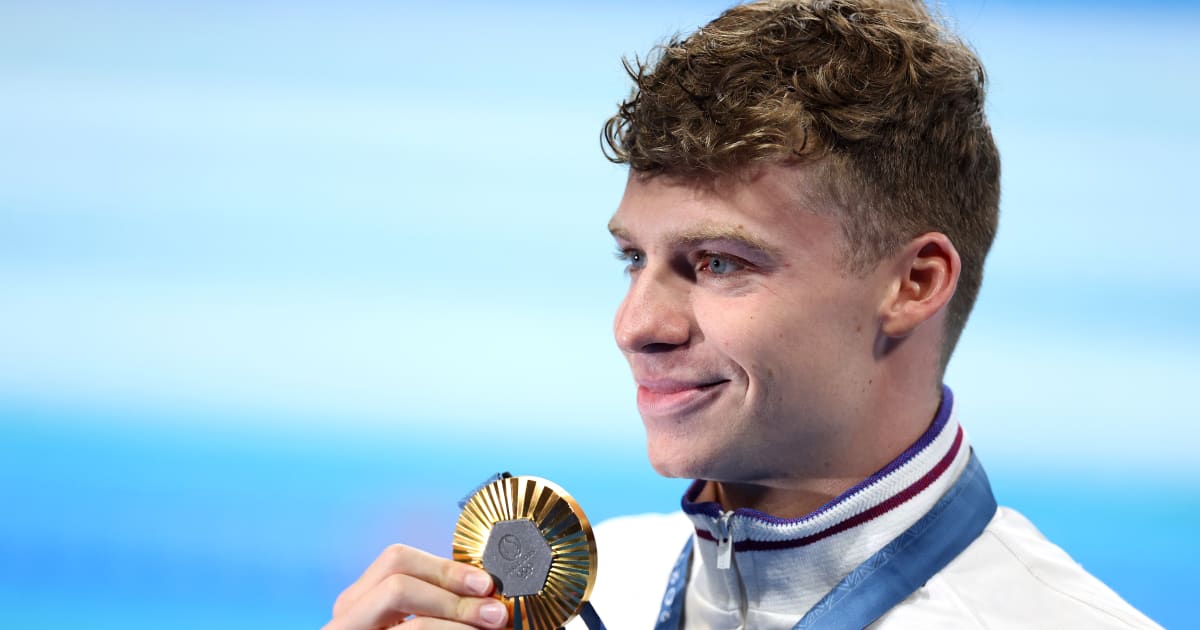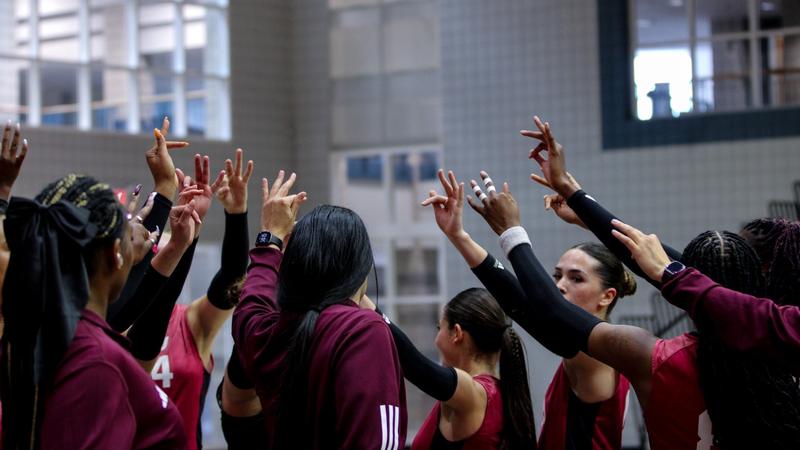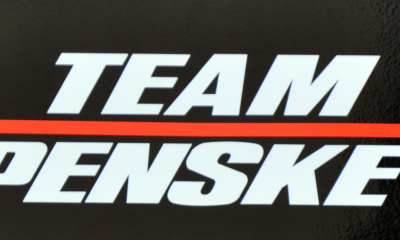
COLUMBUS, Ohio — When it comes to interviewing for jobs in the hockey world, having Pittsburgh Penguins superstar Sidney Crosby on your resume as a reference might be the ultimate flex.
The Columbus Blue Jackets received scores of applications for their head equipment manager vacancy beginning earlier this summer, GM Don Waddell said, but one name — Paul DeFazio, who has spent 25-plus years in the Penguins’ organization — elevated above the rest.
And a certain endorsement pushed him even higher.
Columbus made the hiring of DeFazio official Tuesday, but it might have been a done deal from the moment Crosby, a future Hall of Famer, placed a call to Blue Jackets director of hockey operations Rick Nash, who works closely with Waddell.
“You’ve heard all of the talk through the years that (DeFazio) was Sid’s guy, that he did everything for Sid, and that he kind of took Sid under his wing when he got to Pittsburgh (in 2005),” Nash said. “So when Sid called, I said, ‘What are you gonna do now if we take him?’
“He said he’d figure things out, but he’d be more than happy for this guy to get his shot as the head guy. That’s a pretty good endorsement, I guess, right?”
DeFazio joined the Penguins as an assistant equipment manager in 2001 and served in that capacity until 2013, when he left to become the head equipment manager at Pittsburgh’s American Hockey League affiliate in Scranton/Wilkes-Barre, Pa.
Crosby’s phone call wasn’t the only recommendation. Waddell said Penguins GM Kyle Dubas called him, too.
“It’s the opportunity to be a head guy that’s drawn him here to us,” Waddell said. “He had a great situation in Pittsburgh. He’s from there, he had great relationships, the players respect him, obviously. But he wants to be the head guy.
“(Dubas) called and said, ‘I don’t know where you are in the process, but our No. 2 guy has been very loyal to this organization and would really like a chance at the No. 1 job.”
Waddell, who worked as a pro scout for the Penguins from 2011-14, also made a few outgoing calls. Tom Fitzgerald, Jason Botterill and Bill Guerin all spoke highly of DeFazio, he said.
“Not one negative thing,” Waddell said.
The hiring of DeFazio is made all the more interesting because the Blue Jackets and Penguins have been on-again, off-again rivals since the Blue Jackets moved to the Eastern Conference and landed in the Metropolitan Division with Pittsburgh.
The two cities are only three hours apart, and the two clubs have met twice in the Stanley Cup playoffs. Pittsburgh won both meetings, winning in six games in 2014 and five games in 2017.
Nash was traded by the Blue Jackets in 2012, so he missed both of the playoff series. But he and Crosby played for Team Canada in 2010 and 2014, winning a gold medal both times. They’ve also played together several times for Canada at the IIHF World Championships.
“I wouldn’t say we have a major friendship, but we have a relationship, for sure,” Nash said.
The Blue Jackets also announced the hiring of former Bowling Green coach Ty Eigner as a special assignment scout. He’ll scout mostly U.S. colleges and the OHL clubs in Michigan, plus the U.S. National Team Development Program, which is based in Plymouth, Mich.
Eigner, who worked as a consultant for the Blue Jackets last season, will also be available, Waddell said, to jump in for special circumstances, such as trades, free-agent signings, recalls from the minor leagues, etc.
Meanwhile, Aron Augustitus has been promoted to video coach, while Cam Briere was named assistant video coach.
Anthony Donskov and Matt Donskov, who have been on-ice coaches for the last two Blue Jackets’ summer development camps and have operated a highly regarded hockey training facility in Columbus for years, were hired as development coaches. They’ll join Tommy Cross as development coaches and will report directly to Nash.
(Photos of Sidney Crosby and Paul DeFazio: Ethan Miller / Getty Images and Dave Sandford / NHLI via Getty Images)
0





:quality(70)/cloudfront-us-east-1.images.arcpublishing.com/shawmedia/USPNPGZKVNHJXKR6JDI5AFIABA.jpg)
:quality(70)/cloudfront-us-east-1.images.arcpublishing.com/shawmedia/XGBCH3RSTJBYTBEIY4T55XOWU4.JPG)






















































